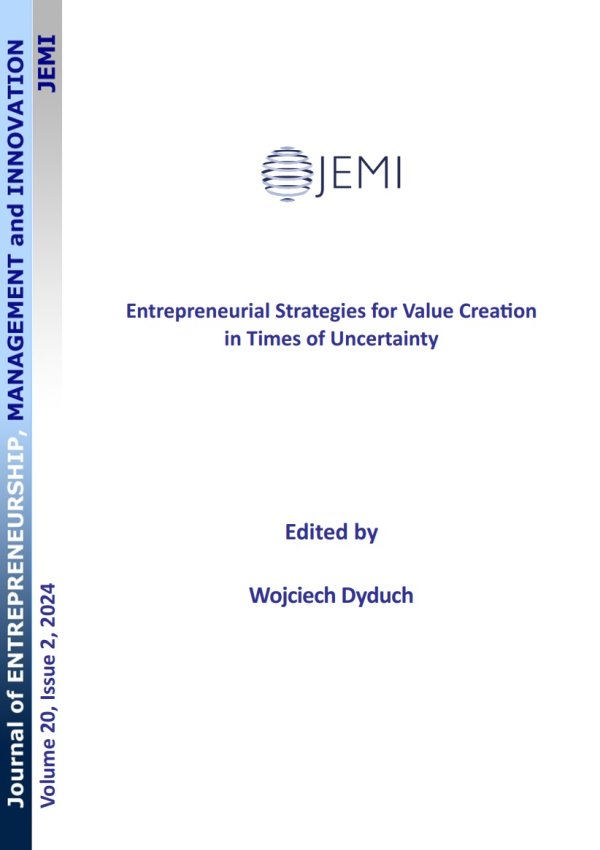Wala Abdalla, Research Scholar, Faculty of Science and Engineering, University of Wolverhampton, Wulfruna St, Wolverhampton WV1 1LY, UK, email: This email address is being protected from spambots. You need JavaScript enabled to view it. 
Subashini Suresh, Ph.D., Director of Postgraduate Research Programme, Faculty of Science and Engineering, University of Wolverhampton, Wulfruna St, Wolverhampton WV1 1LY UK, UK, email: This email address is being protected from spambots. You need JavaScript enabled to view it. 
Suresh Renukappa, Ph.D., Senior Lecturer, Faculty of Science and Engineering, University of Wolverhampton, Wulfruna St, Wolverhampton WV1 1LY UK UK, email: This email address is being protected from spambots. You need JavaScript enabled to view it. 
Abstract
Smart cities need to take advantage of the opportunities that the knowledge-based economy and society can bring to the city. Therefore, cities planners and decision makers need to develop cities that take advantage of local knowledge and the intellectual capital of the population. Organizational culture is widely held to be a major barrier to creating and leveraging knowledge. Successful implementation of knowledge management (KM) almost always requires a culture change in order to promote a culture of knowledge sharing and collaboration. Hence, organizations implementing smart cities need to place great emphasis on the need to change organizational culture to pursue effective KM and its successful implementation. However, the management of culture change is a complicated task; its precise nature in smart-city development and the strategies required to be adopted remains underspecified. This study aimed to explore organizational cultural transformation needed for managing knowledge in the context of smart cities. The methodological approach for this study is a systematic review, covering publications on smart cities, KM, and organizational culture. The method used in this study involved three stages: planning the review, conducting the review, and reporting and disseminating the results. The findings revealed three key themes which are: organizational perspectives of smart cities; organizational change, innovation, and digital transformation; and the relationship between organizational culture and KM. The paper concludes that the cultural transformation required for the development of smart cities needs to facilitate the ability to integrate, create and reconfigure both internal and external competences to manage knowledge that originates from within and beyond projects boundaries. This study provides an insight into urban policymakers, planners, and scholars to prepare for the challenges that organizations face in their efforts to manage and implement smart cities successfully.
Keywords: culture, smart cities, knowledge management, transformation change






